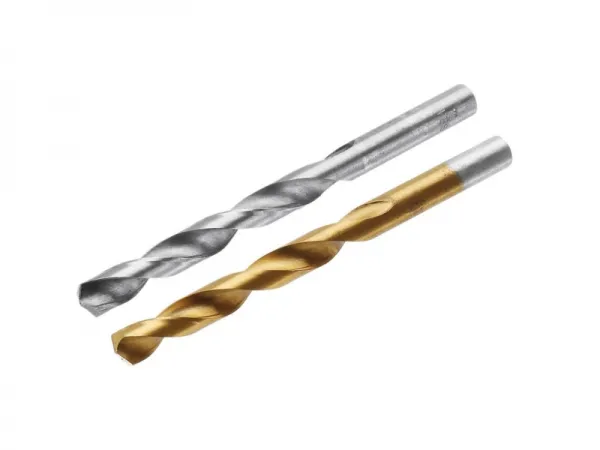Different Drill Bit Types and Their Uses
February. 24, 2025
Drill bits are essential tools in construction, woodworking, metalworking, and DIY projects. Choosing the right drill bit can improve efficiency, ensure clean cuts, and extend tool life. This guide will explore various drill bit types, their materials, coatings, and applications, helping you make an informed decision when selecting the right drill bit for your needs.
1. Common Drill Bit Types and Their Uses
1.1 Twist Drill Bits
Use: General-purpose drilling in wood, metal, plastic, and soft materials.
Description: The most common type, featuring a helical flute to remove debris. Available in various materials like High-Speed Steel (HSS) and cobalt.
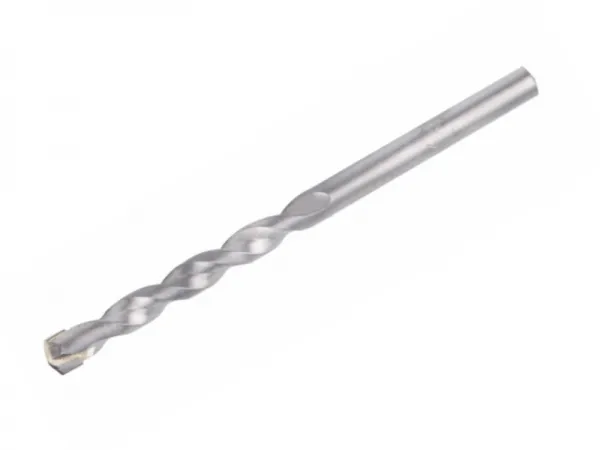
Use: Drilling into brick, concrete, and stone.
Description: Tungsten carbide-tipped bits designed for use with hammer drills to withstand high impact forces.
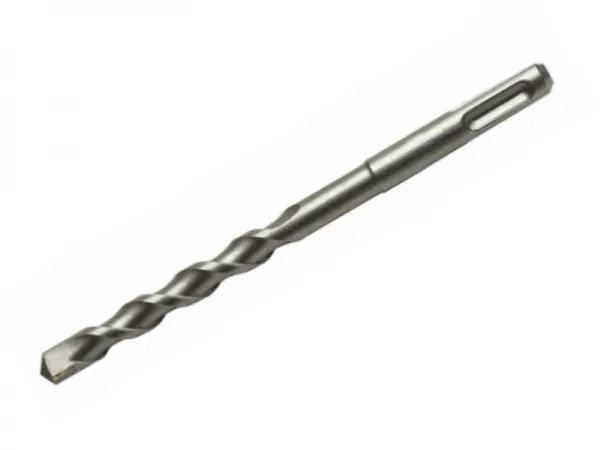
1.3 Hammer Drill Bits (SDS Bits)
Use: Heavy-duty drilling into hard masonry and reinforced concrete.
Description: Specialized for SDS (Slotted Drive System) drills, offering high impact resistance and fast drilling speed.
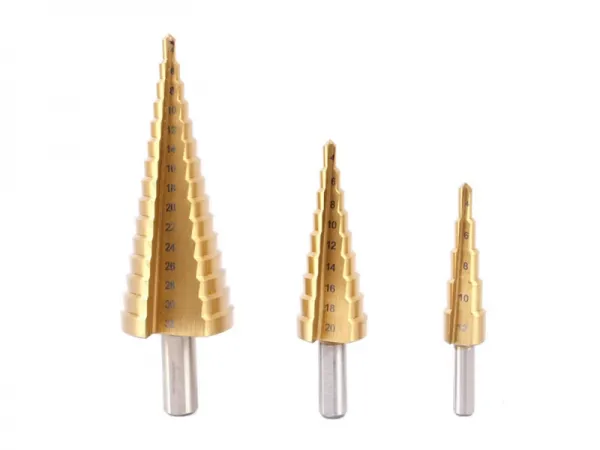
1.4 Step Drill Bits
Use: Drilling holes of different sizes in thin materials like sheet metal and plastic.
Description: Features a tapered design with multiple step diameters, reducing the need to switch bits.
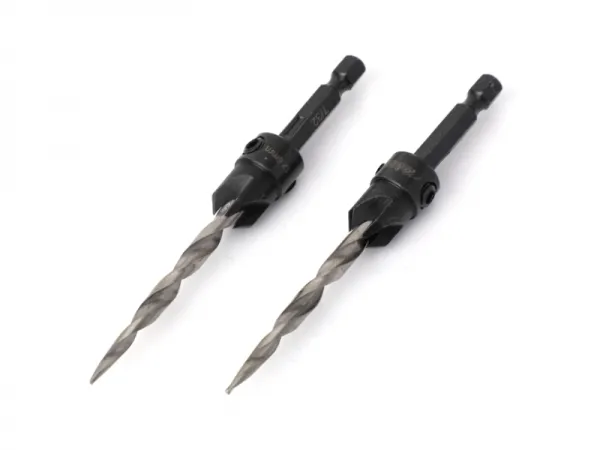
Use: Creating conical recesses for screw heads in wood and metal.
Description: Ensures screws sit flush with the surface, improving aesthetics and structural integrity.
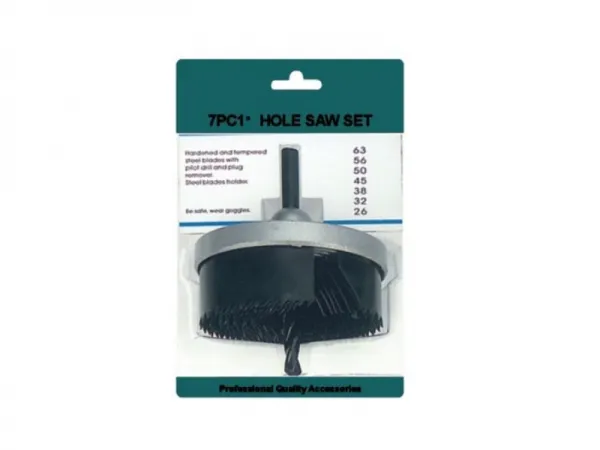
1.6 Hole Saw Bits
Use: Cutting large circular holes in wood, plastic, and metal.
Description: A cylindrical saw-toothed blade that attaches to a drill, commonly used in plumbing and electrical work.
1.7 Diamond Drill Bits
Use: Drilling hard, brittle materials like glass, tile, ceramics, and stone.
Description: Embedded with industrial-grade diamonds, providing precision and durability for delicate materials.
1.8 Brad Point Drill Bits
Use: Precise drilling in wood and soft materials.
Description: Features a sharp center point for accuracy and minimizes splintering, making it ideal for woodworking.
1.9 Spade Bits
Use: Drilling large holes in wood.
Description: A flat, paddle-like bit that quickly removes material, commonly used in rough carpentry and electrical installations.
1.10 Forstner Bits
Use: Making clean, flat-bottomed holes in wood.
Description: Ideal for cabinetry and woodworking projects requiring precise holes with smooth walls.
1.11 Auger Bits
Use: Deep hole drilling in wood.
Description: Features a spiral design that efficiently removes wood chips, ideal for thick wooden beams and logs.
2. Drill Bit Materials
Drill bit performance depends largely on its material composition. Here are common materials used in drill bits:
High-Speed Steel (HSS): General-purpose material with good durability, suitable for wood, plastic, and soft metals.
Cobalt Steel: Resistant to heat and wear, ideal for drilling hard metals like stainless steel.
Carbide-Tipped: Extremely durable and heat-resistant, used for masonry, concrete, and high-precision metal drilling.
Solid Carbide: Ultra-hard material for industrial applications requiring extreme precision and longevity.
Diamond-Coated: Best for cutting extremely hard materials like glass, tile, and stone.
3. Drill Bit Coatings and Their Benefits
Coatings enhance drill bit performance by reducing friction and increasing wear resistance. Common coatings include:
Black Oxide: Improves corrosion resistance and extends tool life.
Titanium Nitride (TiN): Reduces heat and friction, increasing longevity for metal drilling.
Cobalt Coating: Enhances durability for drilling hardened materials.
Diamond Coating: Provides superior hardness for cutting brittle materials.
4. Choosing the Right Drill Bit
Selecting the correct drill bit depends on several factors:
Material: Choose a bit designed for the material (e.g., carbide for masonry, HSS for wood and metal).
Hole Size: Use step bits for variable hole sizes, hole saws for large diameters, and auger bits for deep drilling.
Drill Type: SDS bits for hammer drills, standard twist bits for handheld drills, and specialized bits for CNC machines.
Precision Needs: Use Forstner bits or brad point bits for clean, accurate holes in woodworking.
Why Choose PTATOOLS Drill Bits?
As a leading drill bit manufacturer, we provide high-quality drill bits designed for precision, durability, and efficiency. Our products are made from premium materials, ensuring excellent performance across various applications. We offer:
Customized solutions to meet your specific drilling needs.
Bulk ordering options for businesses and distributors.
Competitive pricing without compromising on quality.
Expert support and consultation to help you choose the right drill bits.
Whether you're a professional contractor or a supplier looking for a reliable manufacturer, we are committed to delivering top-tier products and services. Contact us today to discuss your requirements and get the best drill bits for your needs.
5. Drill Bit Maintenance and Care
Proper maintenance extends drill bit life and ensures optimal performance:
Keep Bits Sharp: Regularly sharpen bits using a grinding tool or professional sharpening service.
Use Lubricants: Apply cutting oil when drilling metal to reduce heat and wear.
Store Properly: Keep bits organized in a case to prevent damage and corrosion.
Match Speed and Pressure: Use appropriate drill speed and apply steady pressure to prevent overheating and breakage.
Conclusion
Understanding different drill bit types and their applications helps in selecting the right tool for the job. Whether working with wood, metal, masonry, or specialized materials, using the correct drill bit enhances efficiency, precision, and tool longevity. Always consider the material, bit type, and drill compatibility for optimal results.
By following best practices in selection, maintenance, and application, you can achieve professional-quality results in every drilling project. Invest in high-quality drill bits and proper care to maximize performance and durability.

